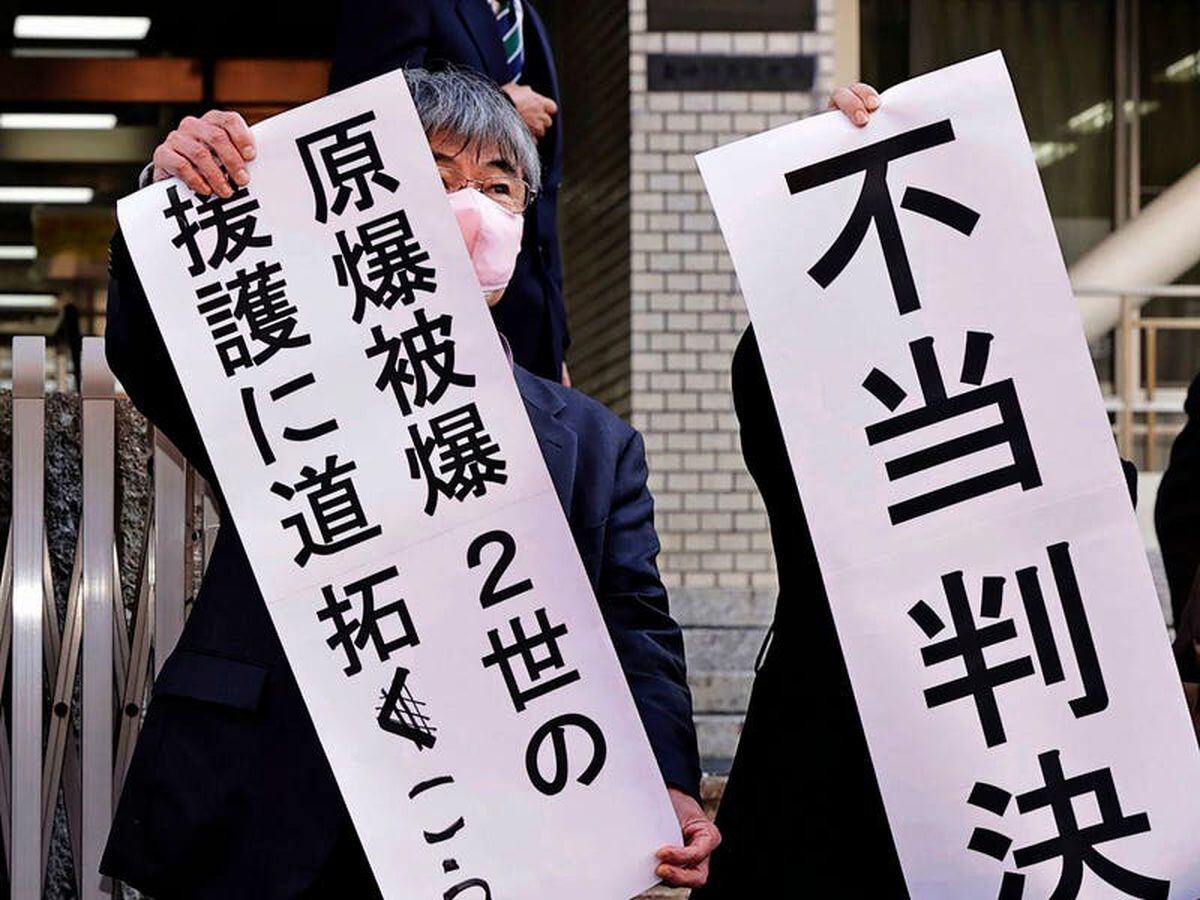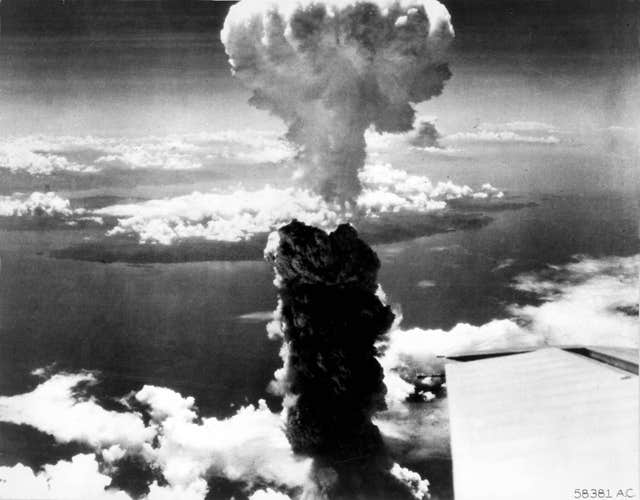[ad_1]

A Japanese court has rejected a claim for damages by the children of Nagasaki atomic bomb survivors seeking government support for medical costs, saying the genetic effects of radiation have not been proven.
The parents of a group of 28 who were exposed to radiation in the U.S. atomic bombing on Aug. 9, 1945, filed a lawsuit in 2017 asking the government to include them as part of the medical support it provides to survivors. Two plaintiffs who were cancer patients died during the trial.
The Nagasaki District Court said on Monday that the possibility of genetic radiation effects cannot be denied, but a scientific consensus has yet to be reached and the government’s exclusion of plaintiffs from medical support is not unconstitutional.
However, the court said it was up to the government to decide whether to extend financial support to include second-generation survivors.
The government maintains that there is no scientific evidence of a genetic effect of parents’ radiation exposure on their children.

A similar lawsuit is pending at the Hiroshima District Court, with a ruling expected early next year.
[OnAugust61945theUnitedStatesdroppedtheworld’sfirstatomicbombonHiroshimadestroyingthecityandkilling140000people[1945年8月6日,美国在广岛投下了世界上第一颗原子弹,炸毁了这座城市,造成14万人死亡。
Three days later, it dropped bombs on Nagasaki, killing another 70,000 people.
Japan surrendered on August 15, ending World War II and its nearly half-century of aggression in Asia.
Many survivors of the bombing suffered long-term injuries and illnesses from the bombing and radiation exposure, and faced discrimination in Japan.
Their children, known as “hibaku nisei” or second-generation survivors of the atomic bombing, say they have been concerned that their parents’ radiation could have genetic effects, and many have developed various forms of cancer and other health problems. They estimate their number to be between 300,000 and 500,000.
Currently, only survivors and those with prenatal exposure certificates receive government medical support for their radiation sickness and cancer screenings.
The government started providing free medical check-ups for their children in 1979, excluding cancer screenings.
At the last court meeting in July, lead plaintiff Noboru Sakiyama said he feared his pancreatic cyst might be cancerous because his mother died of pancreatic cancer just 4.2 miles (7 kilometers) from Ground Zero. He also said many of his peers have experienced discrimination at school, work and elsewhere, just like their parents.
Mr Sakiyama said the ruling was “disappointing” but vowed to continue the group’s campaign to secure government support.
[ad_2]
Source link